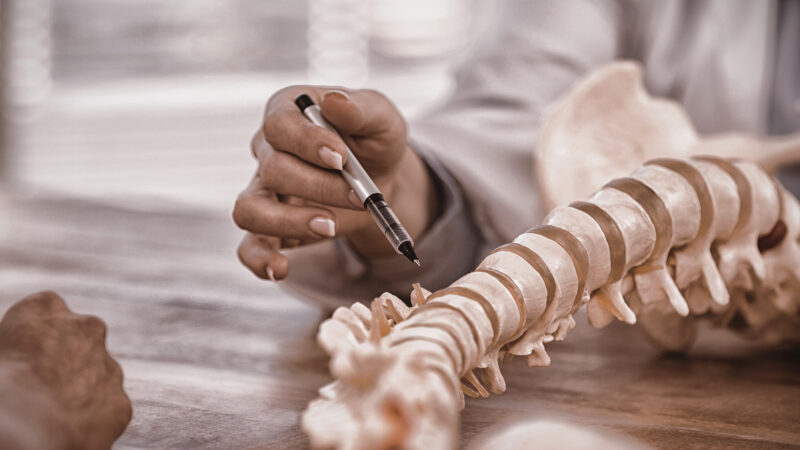SUPPORTIVE CARE FOR PEOPLE LIVING WITH OR BEYOND CANCER TREATMENT
Dr Hannah Wardill, Hospital Research Foundation Fellow, University of Adelaide & Head of Supportive Oncology Group (Precision Cancer Medicine)
SAHMRI (South Australian Health and Medical Research Institute)
RESEARCHER PROFILE
Filmed in Adelaide, South Australia | January 2025
Dr Hannah Wardill is a Hospital Research Foundation Fellow and lead of the Supportive Oncology Research Group (SORG), in the School of Biomedicine, University of Adelaide and Precision Cancer Medicine Theme, South Australian Health and Medical Research Institute (SAHMRI). She is an Executive Board Member of the Multinational Association for Supportive Care in Cancer / International Society for Oral Oncology (MASCC/ISOO) and Chair of both MASCC/ISOO Patient Partnership Committee & the Palliative Care Clinical Studies Collaborative (PaCCSC) Cancer Symptom Trials (Gut Dysfunction Node; supported by Cancer Australia).
While her research started in understanding how chemotherapy damages gut health, Dr Wardill’s research program has now expanded to include a range of symptoms and side effects including neuropathy, cognitive impairment, infection and malnutrition.
A fierce advocate for supportive cancer care, Dr Wardill is working to improve the visibility of this research area and remind people that optimal cancer control can (and should) involve high quality, evidence-based supportive care to ensure people living with or beyond cancer can live happy and fulfilling lives.
You Might also like
-
Dr Dinesh Palipana
RESEARCH IN SPINAL CORD INJURY
@ GRIFFITH UNIVERSITY, QUEENSLAND, AUSTRALIA -
Exercise therapy for metabolic dysfunction-associated steatotic liver disease
Dr Shelley Keating is a Senior Lecturer in Clinical Exercise Physiology and Accredited Exercise Physiologist from the School of Human Movement and Nutrition Sciences at the University of Queensland. With a strong grounding in exercise metabolism and body composition, Dr Keating’s research centres on the utility of exercise as a therapy for obesity and related cardiometabolic conditions, notably metabolic dysfunction-associated steatotic liver disease (MASLD).
-
Investigating new approaches to target plaque inflammation in atherosclerosis
Associate Professor Peter Psaltis is an Academic Interventional Cardiologist who holds Level 2 NHMRC Career Development and National Heart Foundation Future Leader Fellowships. He has Faculty positions within the University of Adelaide, Central Adelaide Local Health Network (CALHN) and South Australian Health and Medical Research Institute (SAHMRI). Within SAHMRI, he is the Co-Theme Leader of the Lifelong Health, Program Leader of Heart and Vascular Health and Co-director of the Vascular Research Centre in the Lifelong Health Theme.

 https://orcid.org/0000-0002-6613-3661
https://orcid.org/0000-0002-6613-3661


